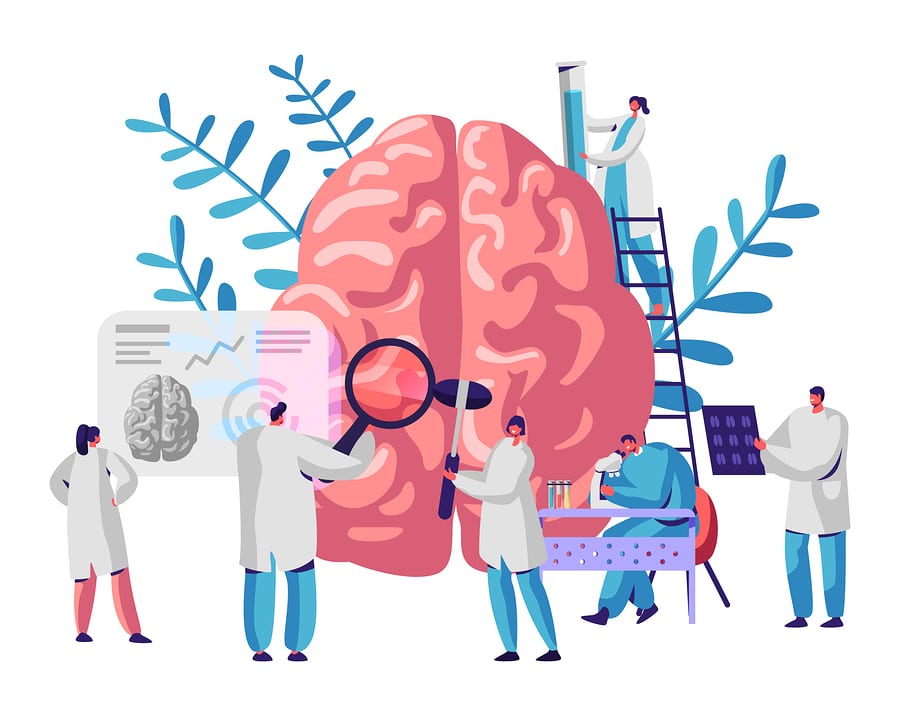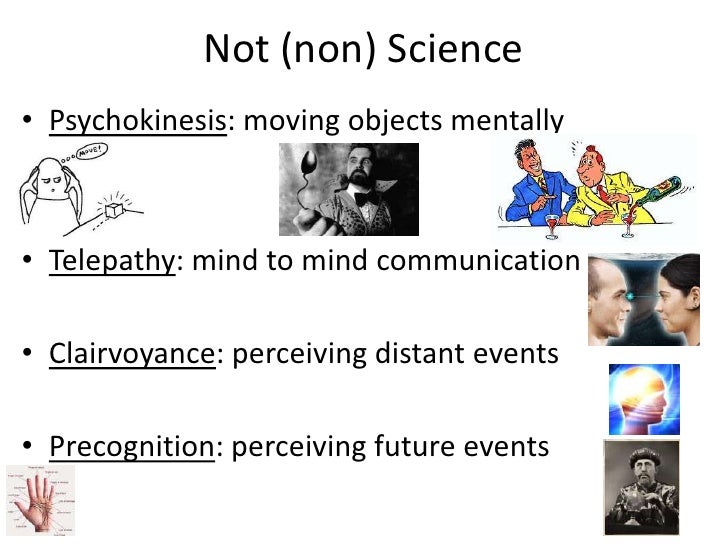A Quick Guide
We are surrounded by multiple versions of Pseudoscience pretending to be Psychology. We discussed a few examples of these and why we believe in them in our previous article. Such as astronomy, palmistry, blood type personality, etc, which utilize the Barnum effect to convince people into believing the fake over-generic explanations of their personality. Unfortunately, many people fall for it and believe their methods and explanations are rooted in the scientific method. However, it needs to be clarified that such pseudoscience is different from Psychology. In this article, first, we will discuss the warning signs of pseudoscience to help you differentiate pseudoscience from Psychology. Then, we will briefly explain how Psychology is distinct from Pseudoscience.
How to differentiate pseudoscience from psychology
To differentiate pseudoscience from psychology, look out for the following warning signs:
- They make exaggerated, vague, and untestable scientific claims.
- They do not use operational definitions of terms. This limits others from independently testing the authenticity of their ideas.
- Psychology comes with limitations. But pseudoscience makes definite claims with no margin for error.
- Certain claims do not have enough explanatory power.
- They do not consider principles of physics and engineering.
- They do not communicate any possibility of being wrong.
- Pseudoscience often says ‘A theory says or predicts…’ or ‘Research says…’ to make their ideas believable while providing no evidence. These are just made-up ideas/ speculations.
- These sciences over-rely on testimonials, stories, and personal experience for evidence. These may be useful. But lack of scientific testing does not ensure the application of these ideas to others.
- Only successful stories or ideas are presented to make them attractive whereas failures are often hidden.
- Usage of factual language rather than tentative language is prominent.
- They don’t share their methodology or data for independent testing by other experts.
- There is little progress in pseudoscientific claims since they are not open to self-revision or scientific testing. No stronger evidence emerges for them in the future. So, its status remains the same e.g. astrology.
- Such sciences adopt a hostile stance towards the critics and label them as enemies. And consider any criticism as a conspiracy against them. E.g. fortune tellers
- They often use technical or scientific-sounding terms/jargon to confuse others. And persuade them to believe their ideas to reduce the chances of questioning by laypeople.
- They also promise wonderful solutions to people for their problems.
In other words, pseudoscience can seem very convincing. However, if you look closely enough, you will find that they lack a solid foundation and evidential support.
How Psychology is different from Pseudoscience
Psychology is a social science, which means it is a ‘scientific study of the human mind and behavior’. Unlike pseudoscience, real psychological information does not make high claims, promises, or definite statements. There is always a degree of tentativeness in the statements used by researchers and practitioners of Psychology. Because think about it, ‘Can we explain the human mind and behavior’ with 100% surety and no degree of error? Such may be possible in natural sciences but when it comes to human beings, science has its limitations. And it keeps that in context while explaining the complexities of the human mind.

Image Credits: Comma Maldives [commamaldives.com]
While considering psychology, notice that even the best psychologist (if he’s ethical) doesn’t promise you a 100% cure for your problem. They can promise to guide and assist you so that you can solve your problems on your own. Even help you uncover your distortions or patterns hindering you in the process. But they do not promise definite success. Similarly notice, that popular personality tests like Thematic Apperception Test (TAT), House Tree Person (HTP), and Rorschach inkblot test all have limitations. They do not guarantee to uncover all the secrets of your unconscious personality. Even while using these tests to do psychological analysis, the psychologist always takes into account multiple evidence and context. Similarly, they use tentative language and are open to revision when contrary evidence comes along, unlike in pseudoscience.
Does Psychology offer all the answers?
If you turn away from pseudoscience and start looking for definite answers in psychology, then remember, even psychological studies cannot tell you everything. They can attempt to give the best possible explanation and make educated guesses but always with a margin for error. So, you need to learn to live with the ambiguity and the comfort of not knowing everything with certainty. The ironic thing is that there are misconceptions about psychology that many people often believe too readily. Some of these misconceptions share characteristics with pseudoscience and the Barnum effect. For example,
- Extrasensory perception
- Psychokinesis
- Out-of-body experiences
- Truth Serum
- The lunar lunacy effect.
- Handwriting analysis explaining personality.
- Regression in age due to hypnosis
- Subliminal persuasion etc.

Image Credits: SliderShare [slideshare.net/bpiper74]
People often interpret these to be magical and supernatural facts of psychology. Whereas, in reality, these have been a topic of debate for decades. They are largely regarded as pseudoscience due to a lack of reliable and valid evidence.
If you want to learn to think critically, you need to be able to shun the comfort of fantasy or magical explanations offered by Pseudoscience. Whereas for interpreting psychological information, your critical thinker hat must always be on to pick out when the evidence is bogus. We hope the above information helped you to learn to differentiate pseudoscience from Psychology. To understand how the absence of critical thinking is impairing our lives, How to think critically, and Are Self-Help Books legit?: 10 things to look for finding the right book; read about it on our website by following this link.


